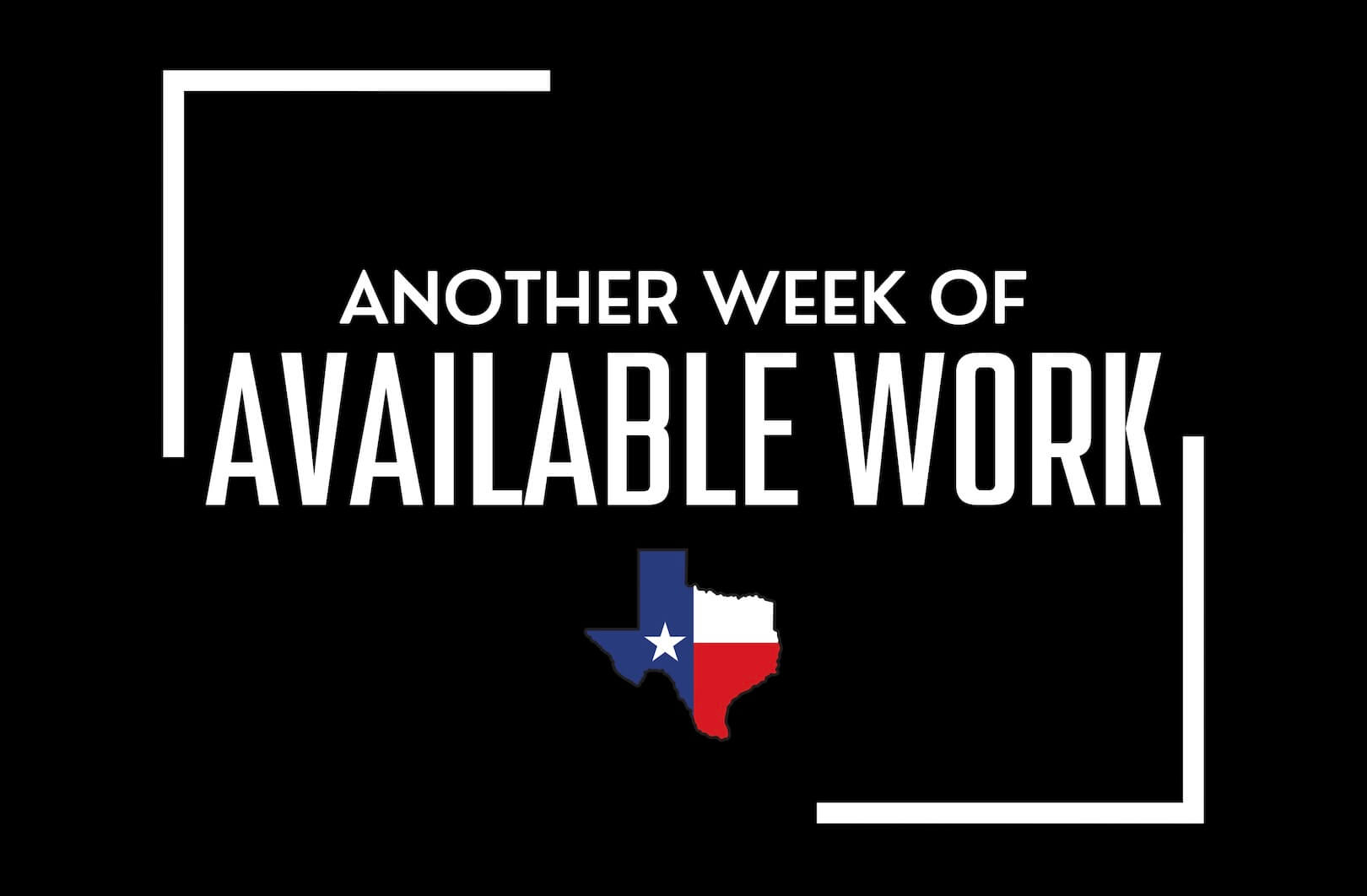Another Week of Available Work: Why Texas, Why Now?
Texas is uniquely positioned to lead in the space industry. With a legacy of aerospace innovation, multiple active launch sites, top-tier research universities, and a robust manufacturing base, the state is already a national leader in space-related activity. But the establishment of the Texas Space Commission marks a new chapter—one that is focused on strategy, coordination, and economic opportunity.
Garza explains that the Commission was created not just to support existing space operations but to help organize and grow a statewide space economy. It’s a deliberate move to ensure Texas doesn’t just participate in the commercial space race—it leads it.
What Is the Texas Space Commission?
The Texas Space Commission is a newly created body focused on aligning space industry efforts across government, education, and the private sector. Its mission is to coordinate workforce development, economic incentives, infrastructure investment, and policy around the space industry to ensure Texas remains a competitive and attractive location for commercial space companies.
Norman Garza, Jr., brings both state-level public policy experience and deep knowledge of economic development to the role. Under his leadership, the Commission is working to build connections with key players—including NASA, private aerospace firms, community colleges, and economic development offices across Texas.
The Space Economy Is Closer Than You Think
Garza emphasizes that space isn’t just about rockets. The space economy touches everything from telecommunications and satellite manufacturing to cybersecurity, robotics, and data analytics. These industries rely on a range of talent, from technicians and machinists to software engineers and project managers.
This means opportunity for communities all across Texas—not just those near a launch pad.
“There is room for everyone in this economy,” Garza notes, encouraging local leaders, employers, and workforce boards to start thinking now about how they can connect to the expanding space sector. Whether it’s building training pipelines, developing infrastructure, or pitching your region for future investment, Garza’s message is clear: Texas regions have a chance to help shape the future of space—and benefit from it.
How Communities Can Get Involved
So, what can Texas communities and businesses do to get in on the action?
- Build Local Coalitions – Workforce boards, chambers of commerce, school districts, and colleges can work together to identify local strengths and pitch their region as a space-ready community.
- Invest in Skills Training – From welding and avionics to software development, the space industry needs a diverse and technically skilled workforce. Educational institutions can adapt existing programs or create new ones tailored to industry demand.
- Engage with the Commission – Garza invites employers and economic developers to connect directly with the Texas Space Commission. The agency aims to be a resource and a partner in helping local communities plug into this exciting new economy.
This conversation offers a first look at the incredible potential Texas has to lead in the commercial space sector. But Garza is quick to point out that this is just the beginning. The Texas Space Commission is building the foundation today for opportunities that will span decades.
For Texas businesses, now is the time to ask: What role can we play in the next space age?
To hear the full conversation with Norman Garza, Jr. and learn how you can advocate for your region in the new space economy, listen to Episode 18 of Another Week of Available Work.

